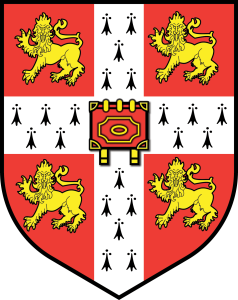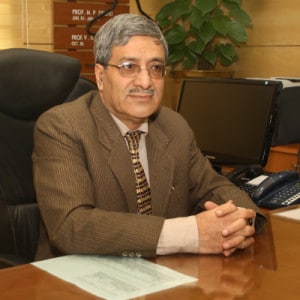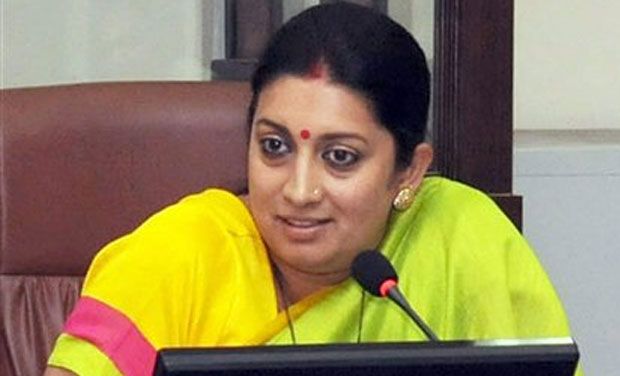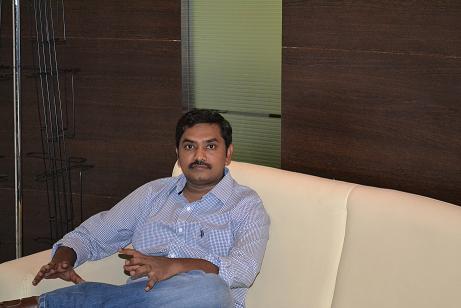A comprehensive plan will be developed jointly by the University of Cambridge and Indian government to improve the standards of primary education in India.
The University of Cambridge will help frame programmes that will help in enhance the quality of faculty, learning modes and assessments.
The Cambridge-India partnership will help create a strong base for Indian education system, as recommended by the United Nations Educational, Scientific and Cultural Organization (UNESCO).
The Cambridge University is currently engaged in 270 projects with Indian science institutions, plans are on way for collaborations in Humanities and Arts too.

























